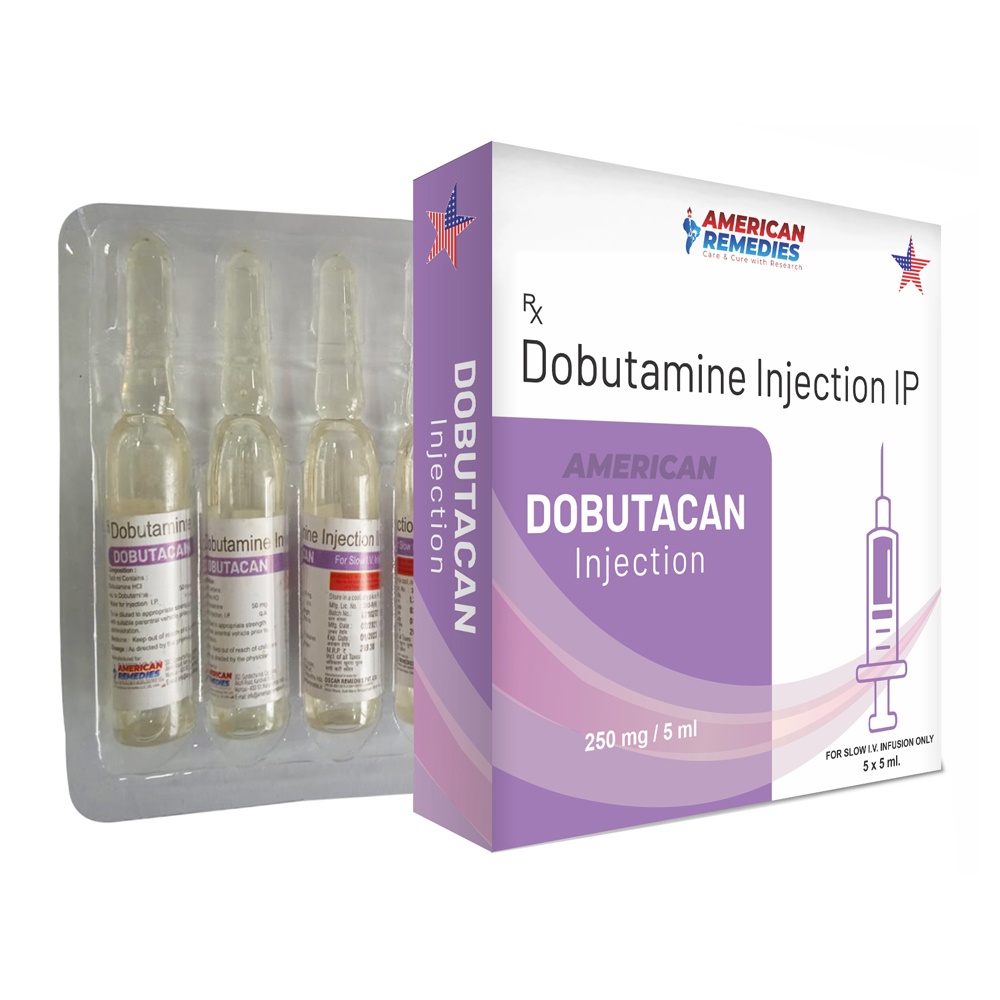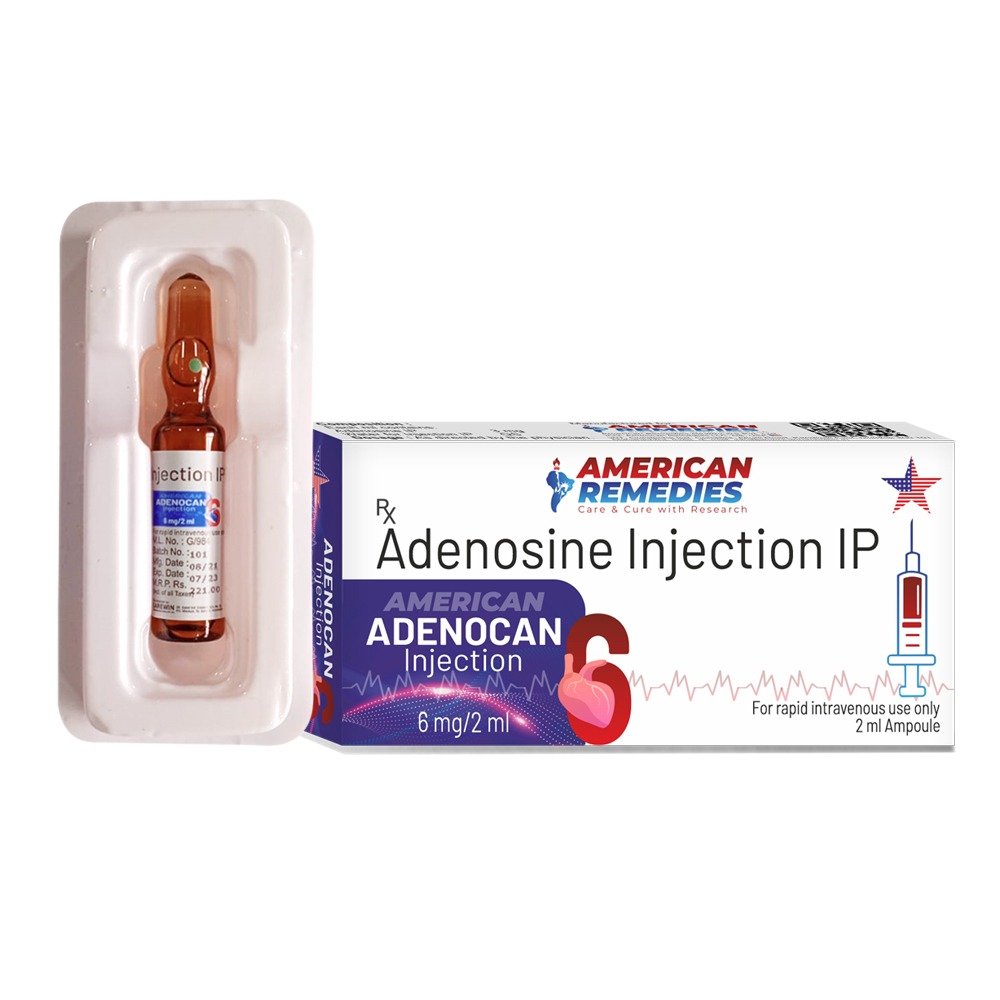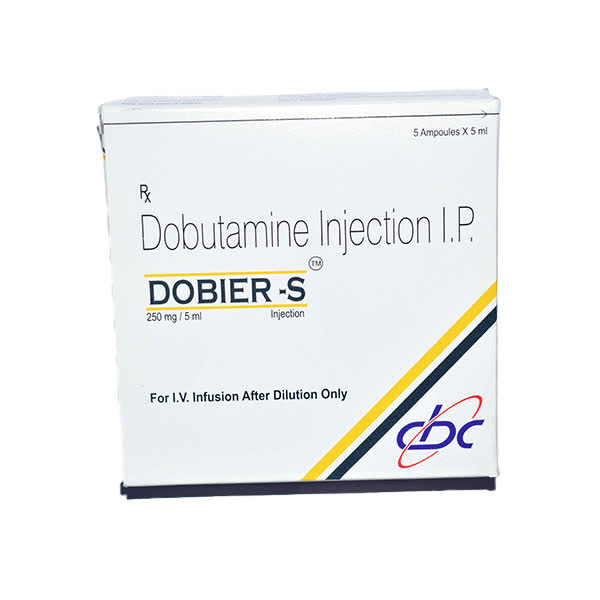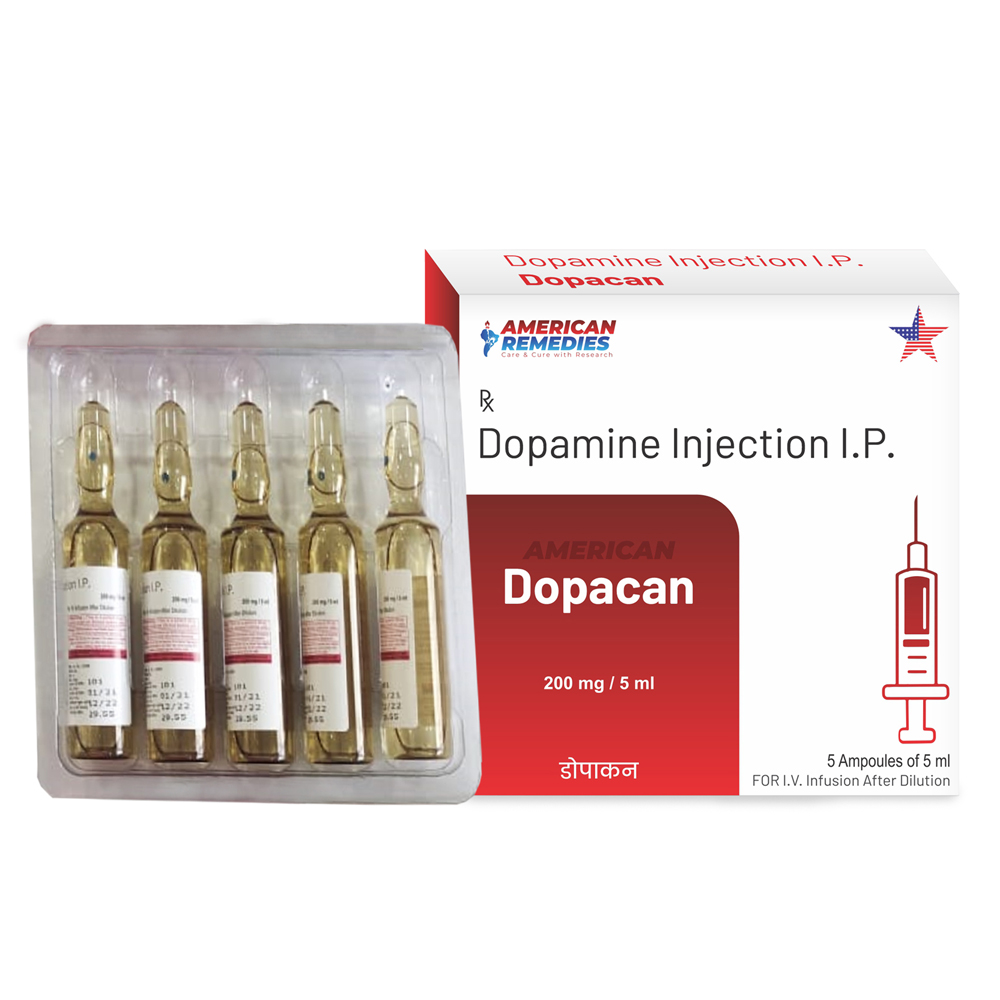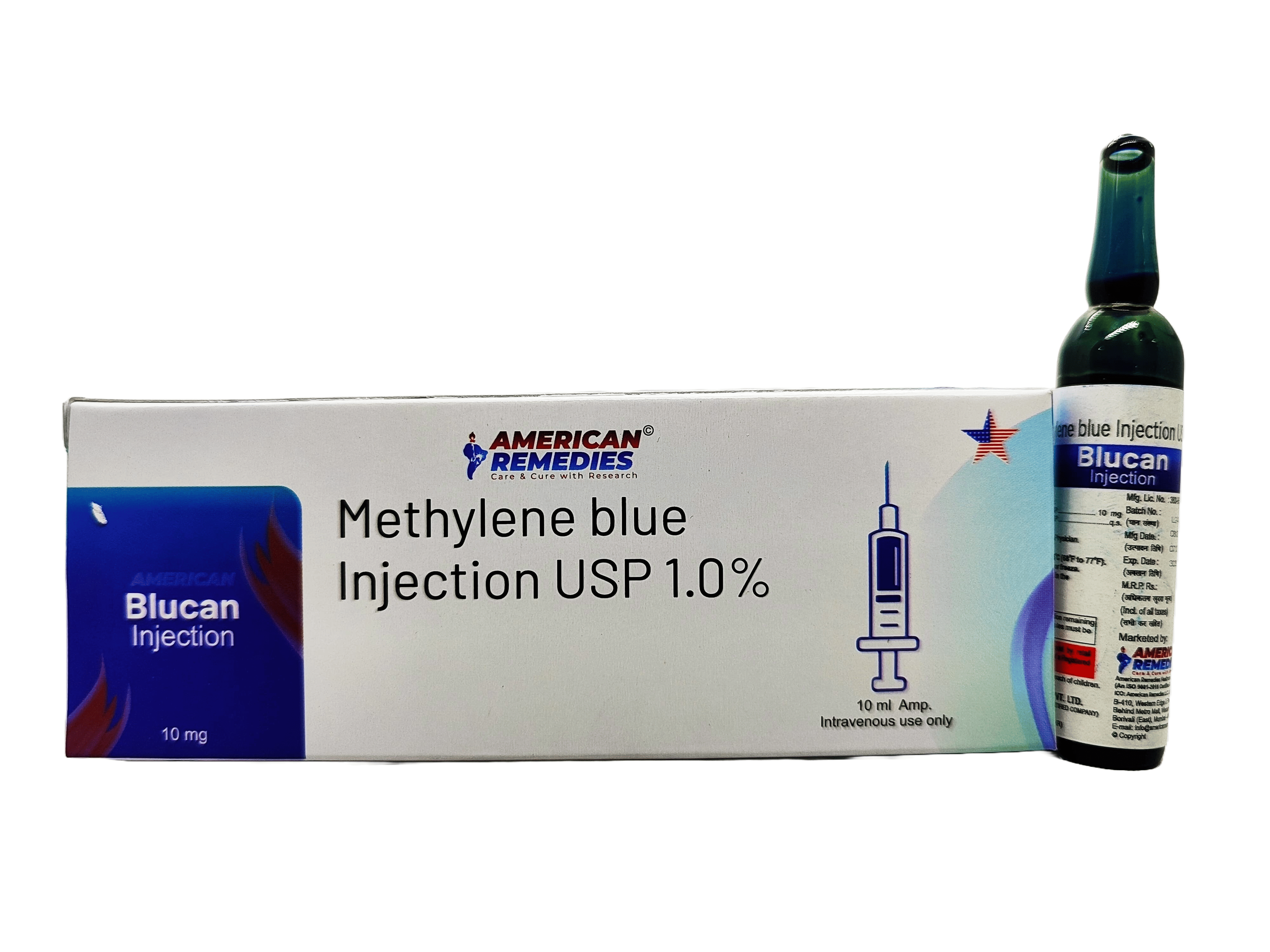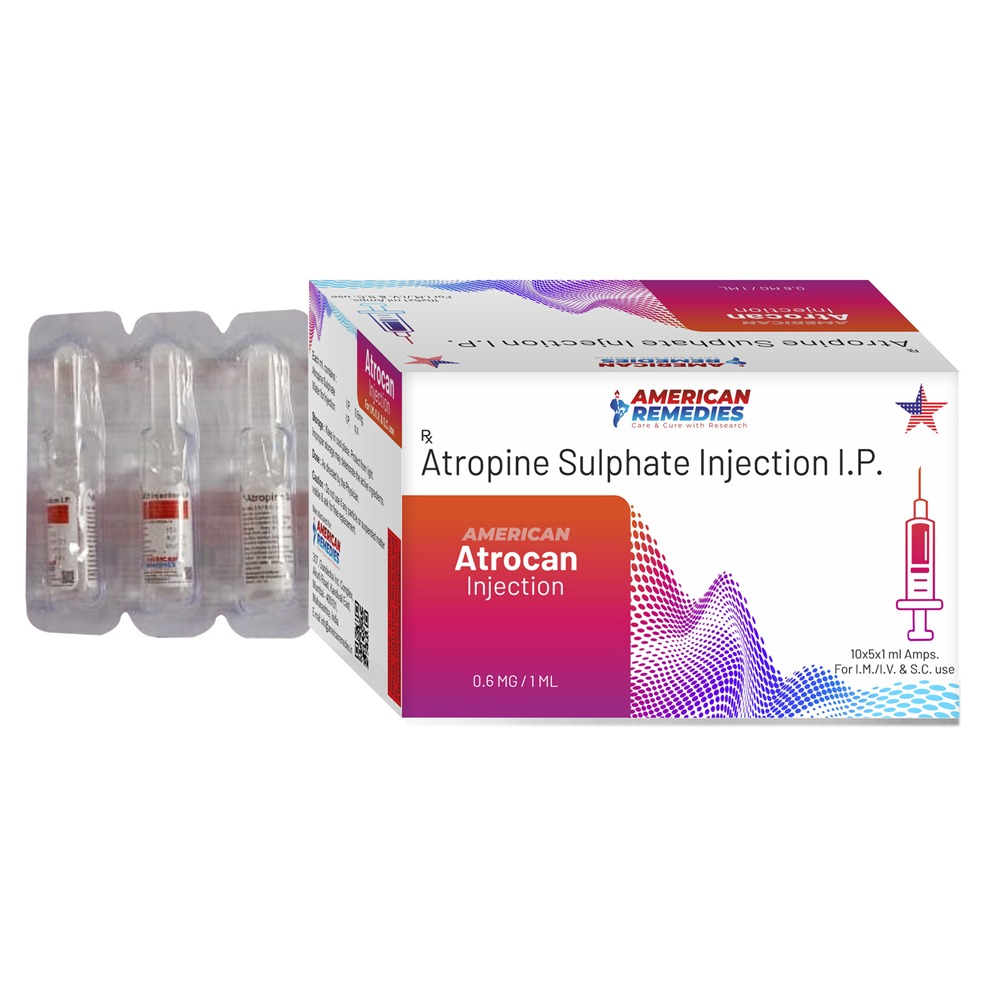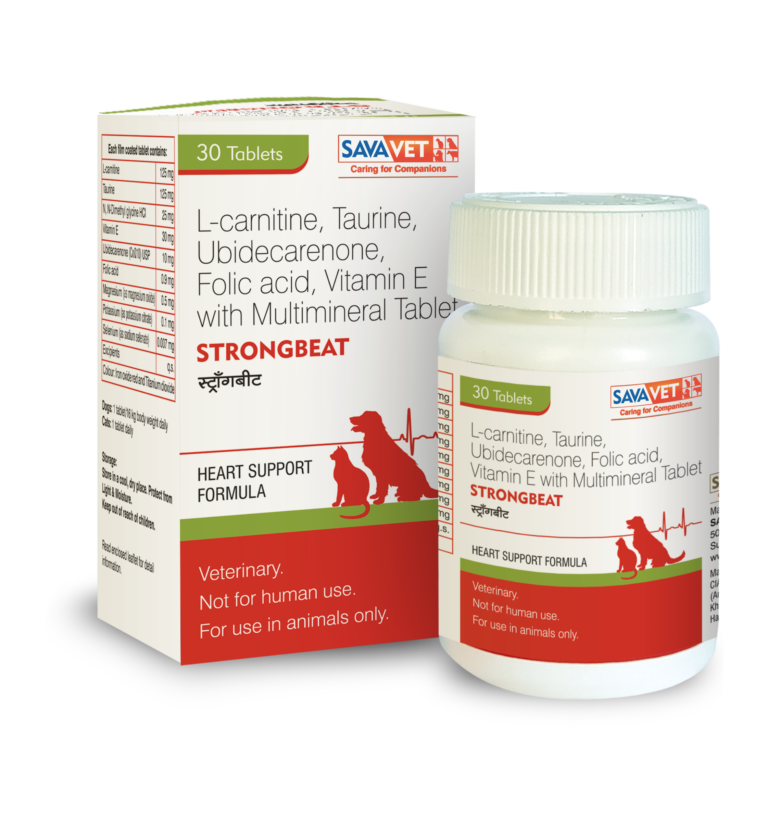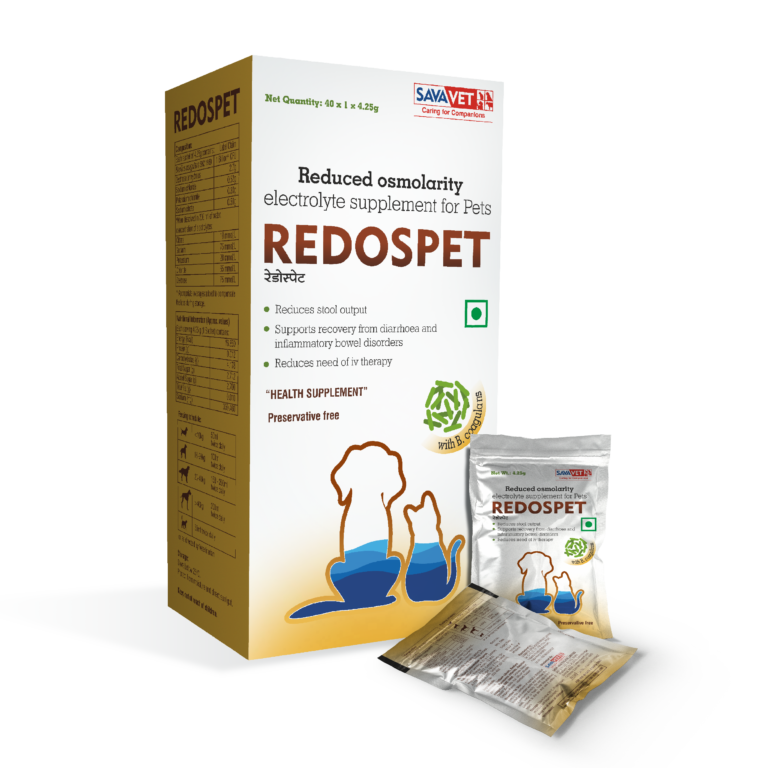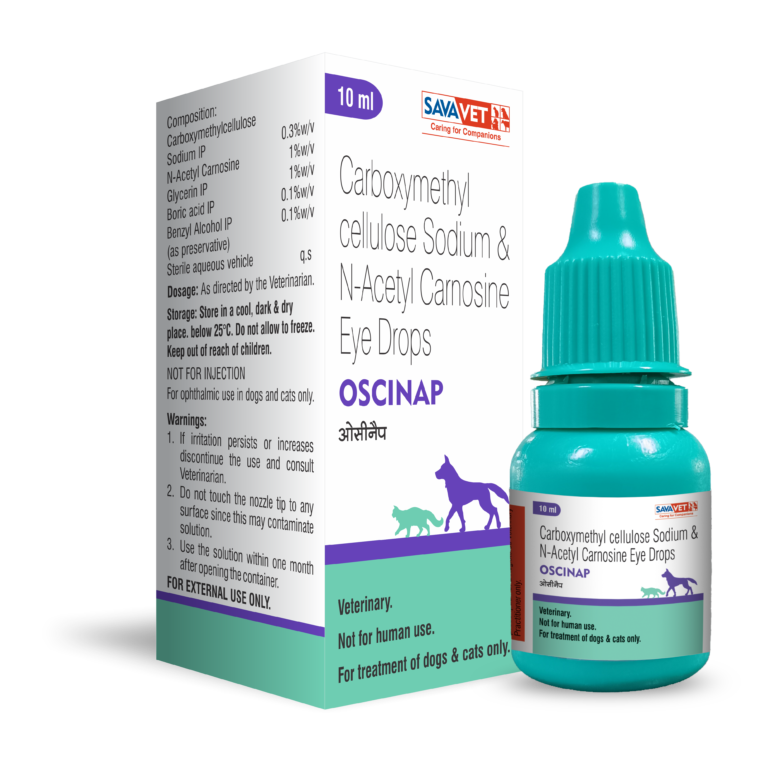Dobutacan 12 Injection is a brand of Dobutamine Hydrochloride 12.5 mg/mL, a synthetic catecholamine used in critical care settings to support heart function. It is administered intravenously under medical supervision. ________________________________________ 🩺 Medical Uses Dobutacan 12 Injection is indicated for: • Cardiac Decompensation: Acute heart failure due to conditions like myocardial infarction, cardiomyopathies, or post-cardiac surgery. • Cardiogenic Shock: A state of low cardiac output leading to inadequate tissue perfusion. • Septic Shock: A severe infection causing low blood pressure and organ dysfunction. • Stress Echocardiography: As a pharmacological agent to assess coronary artery disease when exercise is not feasible. It works by stimulating beta-1 adrenergic receptors, increasing heart contractility and stroke volume, thereby improving cardiac output. ________________________________________ ⚙️ Dosage and Administration Dobutacan 12 Injection is administered intravenously in a hospital setting. The typical dosage ranges from 2.5 to 10 mcg/kg/min, adjusted based on the patient's response. In some cases, doses up to 20 mcg/kg/min may be required. ________________________________________ ⚠️ Precautions and Contraindications Before using Dobutacan 12 Injection, inform your healthcare provider if you have: • Allergies to dobutamine or other components of the injection. • A history of arrhythmias or heart disease. • Kidney or liver problems. • A history of stroke or blood clots. This medication is typically administered by healthcare professionals in a clinical setting and is not intended for self-administration. It is usually given as an intramuscular (IM) or intravenous (IV) injection. ________________________________________ 💊 Side Effects Common side effects may include: • Headache • Nausea or vomiting • Dizziness or lightheadedness • Injection site reactions (pain, redness, or swelling) Serious side effects are rare but can occur. Seek immediate medical attention if you experience symptoms like chest pain, shortness of breath, or signs of gastrointestinal bleeding.
Send Message